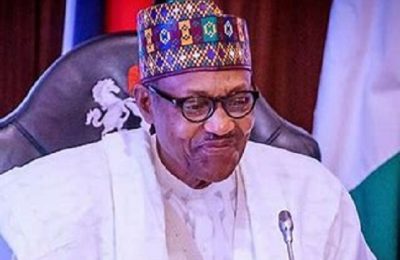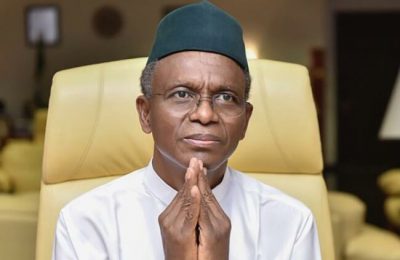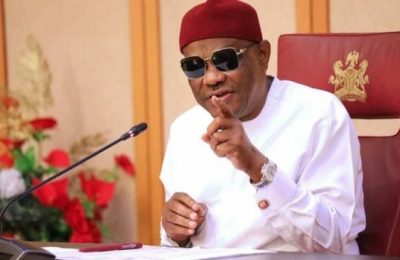
In a nation where the voices of the marginalised are often silenced, Nigerians have consistently found solace in the power of protest. From the streets of Abuja to the cities of Lagos and Kano, the people have risen, demanding an end to the economic hardship and social injustice that has plagued their country for decades.
The latest wave of protests tagged: “End Bad Governance in Nigeria,” is a testament to the unrelenting spirit of a people who refuse to be silenced. On August 1, 2024, thousands took to the streets, calling for an end to fuel subsidy removal and a reduction of fuel prices, as well as restoration of affordable electricity tariffs. The protests, which were marked by violence in some states, are a culmination of years of frustration with a government that seems disconnected from the needs of its people.

Since the country returned to civilian rule in 1999, there have been many protests across Nigeria. The 2012 Occupy Nigeria protests, which lasted for 13 days, were a response to the removal of fuel subsidies and eventual price hikes by the Goodluck Jonathan government. Although the protest was met with violence, resulting in some deaths, it led to the reinstatement of the subsidy and a review of the Federal Government’s spending.
In 2020, the #EndSARS protests brought international attention to the country, as Nigerians demanded an end to police brutality and the disbandment of the Special Anti-Robbery Squad (SARS). Although the government initially responded with force, it eventually succumbed to the pressure, disbanding SARS and setting up panels across the country to address the issues raised by protesters.
Nigeria is not alone in its struggle for good governance. Recently, Kenya witnessed a similar wave of protests, tagged “Seven days of rage,” against the Finance Bill 2024, which sought to introduce taxes on essential items like bread, table eggs, onions, sugar, potatoes, vegetable oil, and mobile money transfers. The protests, which began on June 25, 2024, forced President William Ruto to shelve the contentious legislation, demonstrating the power of citizen action in shaping policy.
At the heart of these protests are the voices of the people, demanding to be heard. Hear them: “Bandits killed my husband, and now police are shooting tear gas at my baby because I came to protest. You want to kill my baby?” said one protester during the recent protest. Another protester, carrying a placard that read, said: “Work no dey, money no dey, everything is hard.” “Common one cup of garri is N200…abeg make una help us for this Nigeria.” These voices sum up the frustrations of the nation.
In response to the recent protests, President Bola Tinubu called for dialogue, urging protesters to suspend further action and engage in conversation. While this may be a step in the right direction, many are sceptical given the government’s history of broken promises.
In his speech, while reacting to the protests, the president said: “I speak to you today with a heavy heart and a sense of responsibility, aware of the turmoil and violent protests unleashed in some of our states. Under the circumstances, I hereby enjoin protesters and the organisers to suspend any further protest and create room for dialogue, which I have always acceded to at the slightest opportunity. Nigeria requires all hands on deck and needs us all – regardless of age, party, tribe, religion or other divides, to work together in reshaping our destiny as a nation.
“I signed the National Minimum Wage into law last week, and the lowest-earning workers will now earn at least N70,000 a month. I encourage more of our vibrant youth population to take advantage of this opportunity. We established the Consumer Credit Corporation with over N200 billion to help Nigerians to acquire essential products without the need for immediate cash payments, making life easier for millions of households. This will consequently reduce corruption and eliminate cash and opaque transactions. This week, I ordered the release of an additional N50billion Naira each for NELFUND – the student loan, and Credit Corporation from the proceeds of crime recovered by the EFCC.”
As Nigeria continues to grapple with the challenges of governance, economic hardship, and social injustice, one thing is clear: the people will not be silenced. The protests will continue, a testament to the unrelenting spirit of a nation that refuses to give up on its dreams of a better tomorrow.
As the nation moves forward, it is imperative that the government listens to the voices of the people. The demands of the protesters are not unreasonable: an end to fuel subsidy, reduction of fuel prices, restoration of affordable electricity tariffs, and an emergency fund for SMEs. These are not just demands; they are a call to action, a reminder that the government’s primary responsibility is to serve the people.
In the words of one protester, “We just dey suffer abeg baba Tinubu abeg help us Jagaban make una help us.” The people are crying out for help; it is time for the government to listen.
- Ayodele, is a 400-level student of Mass Communication Ajayi Crowther University, Oyo
READ ALSO: Drama as Jigawa commissioners, SAs clash over seats







